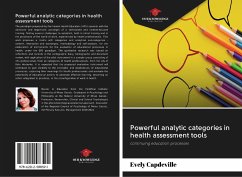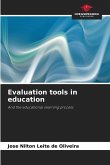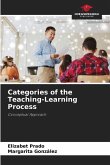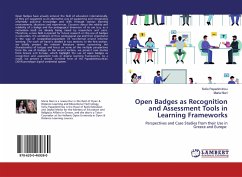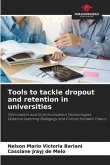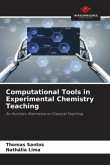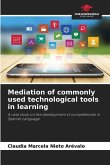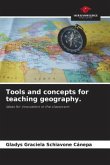The paradigm proposed by Permanent Health Education (HPS) coexists with the dominant and hegemonic paradigm of a verticalized and content-focused training, finding several challenges to establish, both in initial training and in the processes of the world of work, experienced by health professionals. This work proposes a matrix with categories and analytical sub-categories - content, interaction and exchanges, methodology and self-analysis, for the elaboration of instruments for the evaluation of educational processes in health, under the EPS paradigm. The qualitative research was based on reflections and records in the cartographic diary, bibliographic and document review, with application of the pilot instrument in a sample group consisting of 171 professionals from all categories of health professionals, from the city of Belo Horizonte. It is expected that the proposed evaluative instrument will contribute to give visibility to the strengths and weaknesses of educational processes, capturing their meanings for health professionals and evaluate the potentiality of educational actions to generate effective learning, becoming an action integrated to practices, in the reconfiguration of work in health.
Hinweis: Dieser Artikel kann nur an eine deutsche Lieferadresse ausgeliefert werden.
Hinweis: Dieser Artikel kann nur an eine deutsche Lieferadresse ausgeliefert werden.

